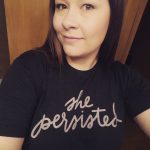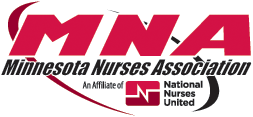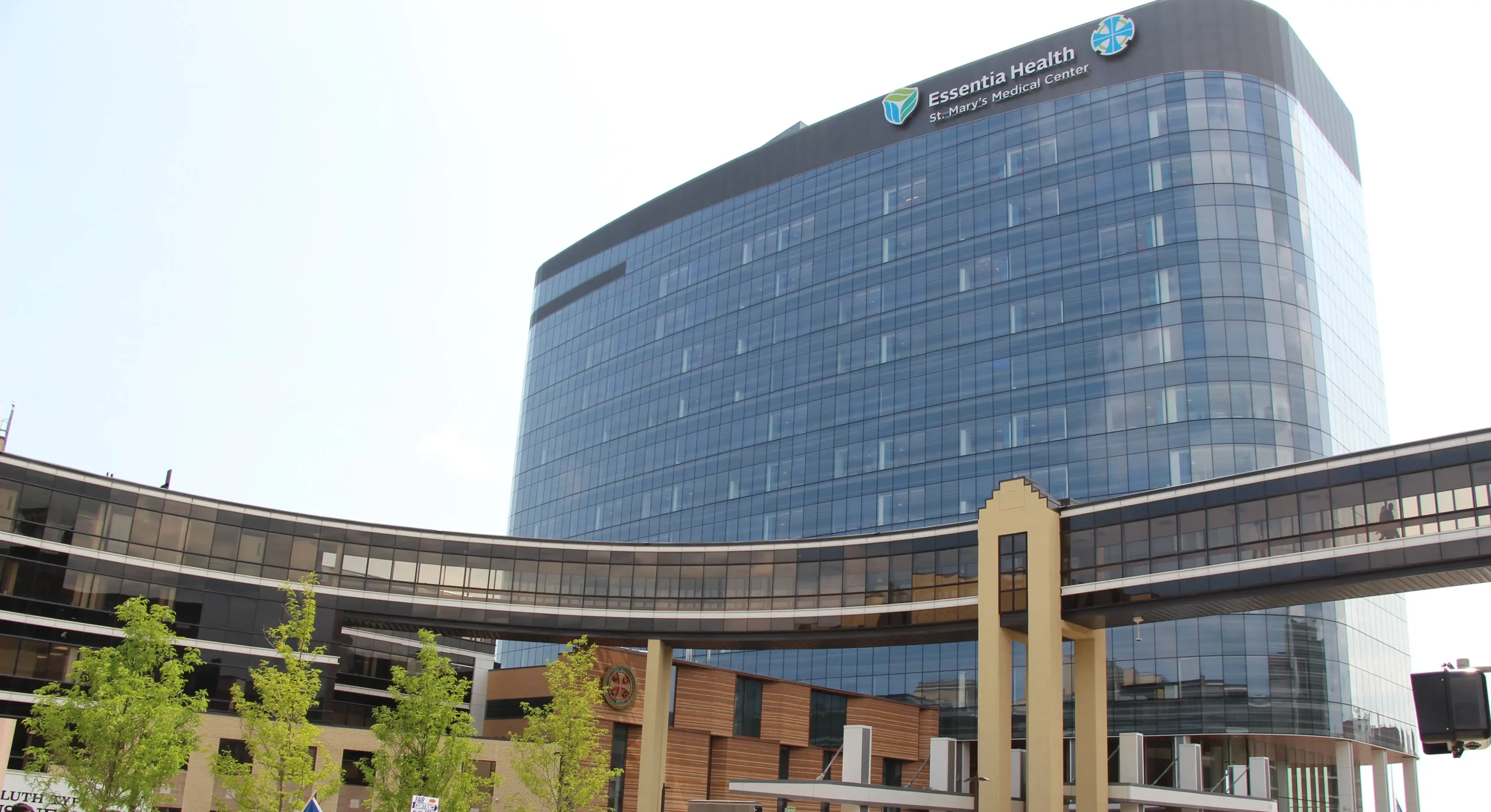
MNA Political Organizer
By Jackie O’Shea
MNA Political Organizer
Politics affects every part of our lives to the point where I believe it can be overwhelming for people. Minnesota’s political landscape this year is large; the amount of work to be done is extremely daunting; there are too many elections; and there’s not enough time to pay attention, much less volunteer for all of them. However, every election, no matter how big or small, is extremely important. I understand why some voters need to tune it out. It’s too much for me at times, and it’s my job to pay attention.
It has nothing to do with the vast amount of work ahead of us this year. For weeks, I haven’t been able to put my finger on why I’ve been in this fog. Am I lacking inspiration or direction? Do I need more sleep and possibly a vacation? Last week, I got together for coffee with a good friend when I had my “a-ha” moment.
As Minnesotans, we want a government that is based in values and not in celebrity, stature, and money. In politics, there’s always tension between the heart and the brain. Our heart guides us in values and how we care for each other, which urges us to elect candidates who we truly believe in. However, our brain guides us in how to win, and now money and stature come into play. There are only two outcomes in politics: winning or losing. Everyone wants to win, but somebody or some piece of legislation has to lose.
The fear of losing causes us to become cynical and start following our brain instead of our heart. We want to win so badly, we tell ourselves it’s okay to elect a politician who may not represent our values system—just because someone told us he or she is the better candidate. We throw what our heart wants to the side, promising to do better next time.
What if we didn’t have to choose between our heart and our brain anymore? What if we really put ourselves out there, do the work, and get behind the candidates we truly believe in? We just might prove our brain wrong. We just might show that the candidates our heart believes in—the ones who truly reflect policy for people rather than special interests and money—can actually win. We would all be more willing to solve problems together if we were invested in what happens to our politics after we leave the voting booth.
Call it the coffee or the conversation or the company, but the fog has lifted. Now I have found my motivator again: hope.


